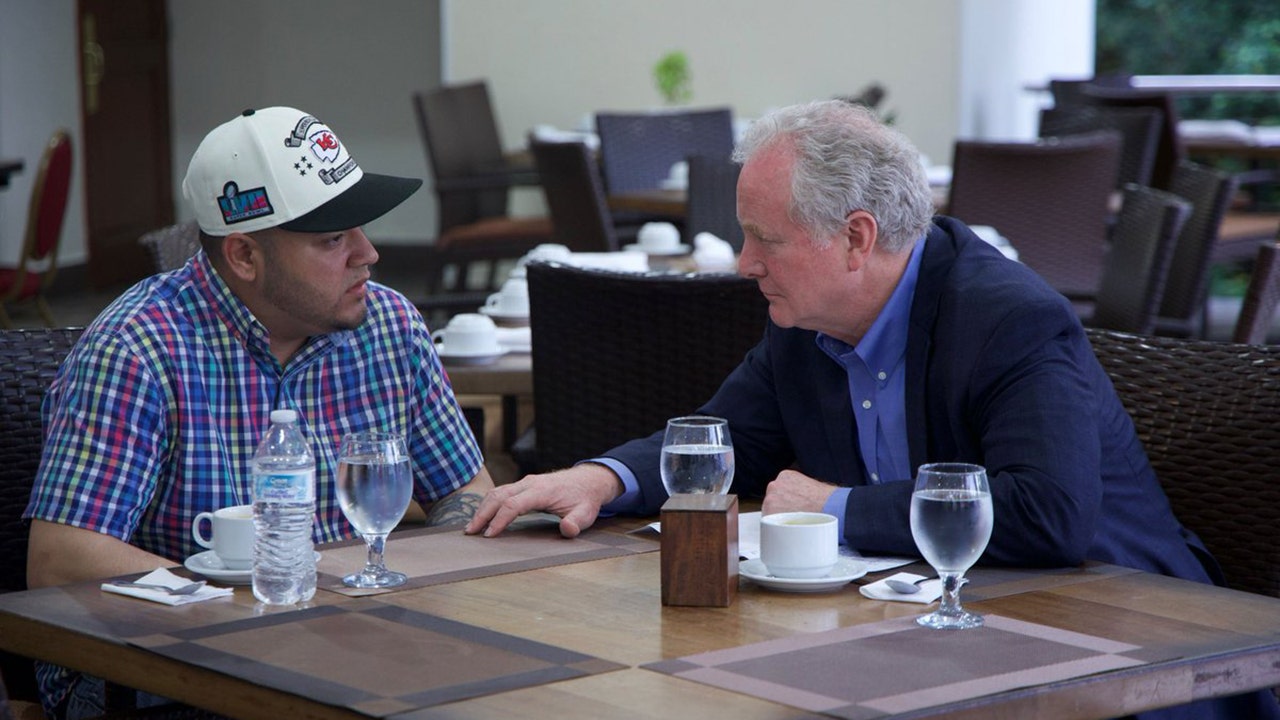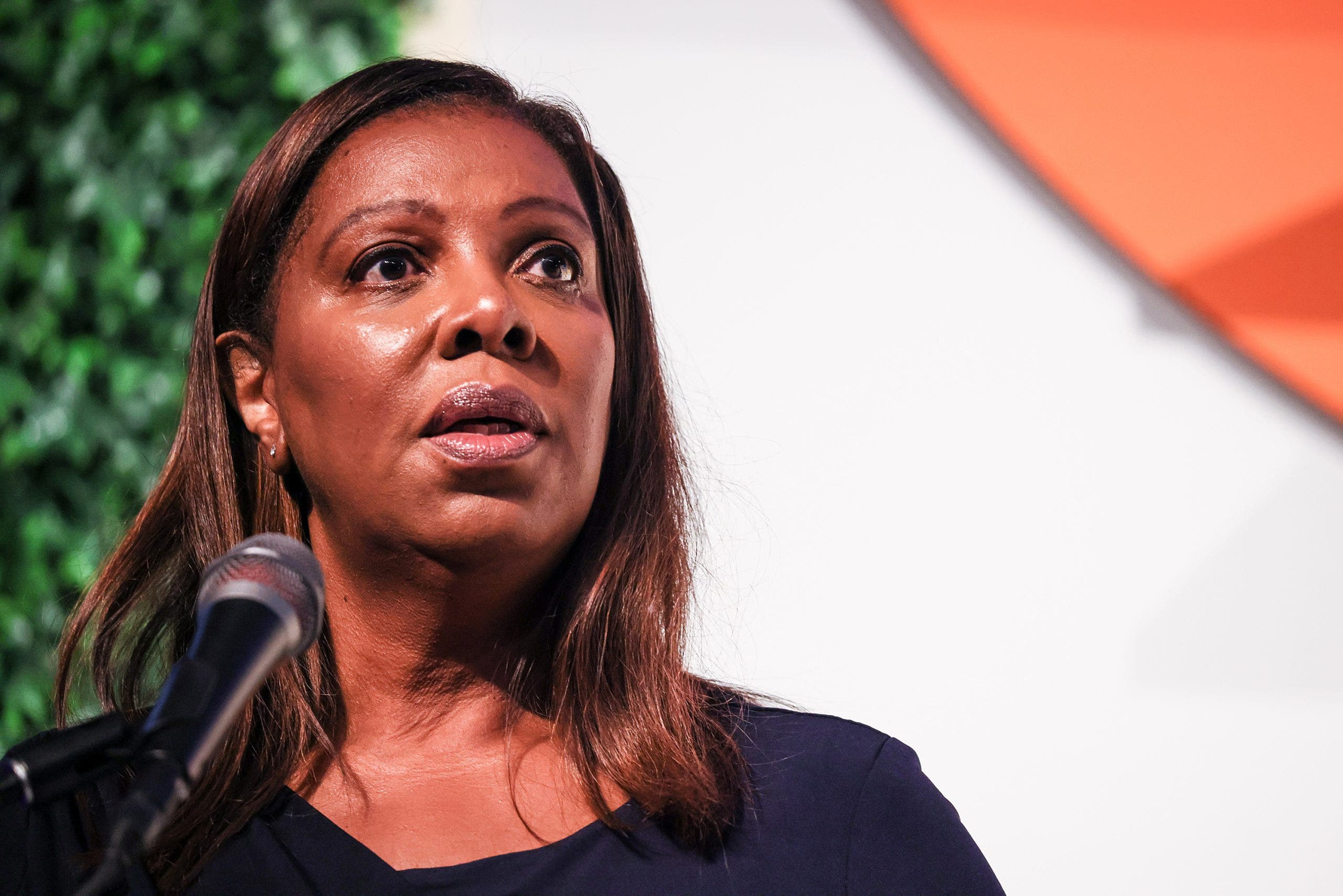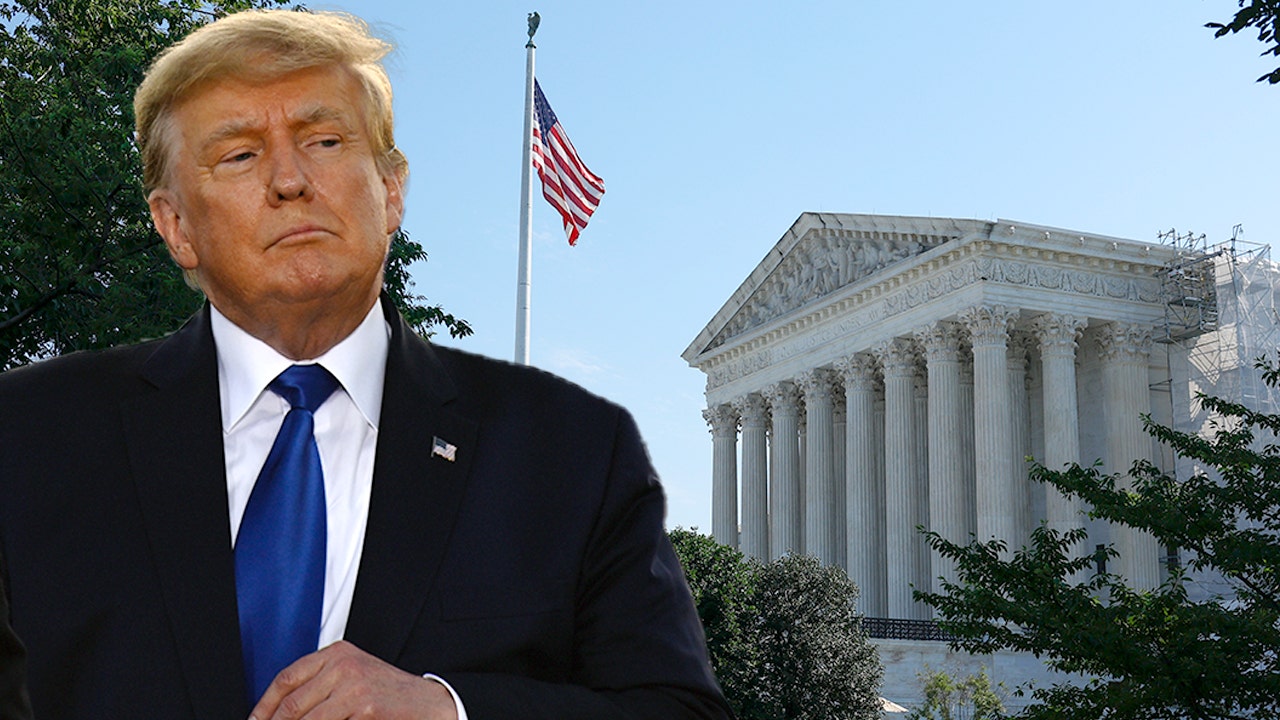“After my meeting with the President [Nicolás] Maduro, he publicly declared his willingness to work towards improving the judicial system. This is a key area for reform and I offer the support and expertise of my office to drive it forward.” Volker Turk told reporters in Caracas at the end of his three-day visit.
In addition to Mr Maduro, the UN human rights chief also met with Vice President Delcy Rodriguez, senior government officials, judicial leaders, opposition figures, civil society actors, indigenous peoples and victims of human rights abuses. He left these discussions feeling that all parties recognized the need for reform.
The High Commissioner said he also recognized the need for national and international actors and the UN to help Venezuela overcome its crises. “And above all, the chance to heal the deep divisions and rebuild the social contract among Venezuelans,” he added.
“Open Talks” on reform and confidence-building
“During frank discussions with the authorities, I raised issues related to civil space, detention conditions and judicial delays, among others, and encouraged them to take meaningful steps to reform the judiciary and security sectors,” said Mr. Türk in a press release issued by the UN Human Rights Office, or OHCHRwhich he directs.
He also encouraged the authorities to take the lead in building trust with victims and civil society organizations, listening to them, meaningfully engaging them in dialogue and responding to the plight of victims.
To that end, the High Commissioner said that during his visit he had heard reports of arbitrary arrests and torture of people and deaths of family members during security operations and demonstrations. One woman, he said, was overcome with emotion, he explained, when she recounted how her sister was imprisoned, raped and tortured two years ago.
“End Torture Once and For All”
“In my meetings with the President and Ministers, I have called for the release of all those arbitrarily detained. This is also part of my global call for governments to amnesty, pardon or simply release all those who are arbitrarily detained for exercising their basic human rights,” Mr. Türk stressed.
He said he had received assurances that torture complaints would be “decided, fully investigated and those responsible brought to justice,” he said, encouraging the authorities to also take decisive steps to end torture once and for all and to sign the Optional Protocol ratify the Convention against Torture, which aims both to prevent torture and to improve prison conditions.
Socio-economic problems exacerbated by sanctions
“The economic and social challenges facing Venezuela, including in relation to minimum wages and pensions, and the impact this is having on people’s daily lives by depriving them of their rights to food, water, health care, education and other economic and social… Restrictions on rights have been huge, which has been conveyed to me in my meetings with civil society, trade unionists and pensioners, among others,” continued the UN human rights chief.
He said he also heard from all the interlocutors he spoke to, including humanitarian actors and UN agencies, about the impact of sectoral sanctions on the most vulnerable populations and the hurdles sanctions create for the country’s recovery and development , not least in the wake of COVID-19 Pandemic.
“While the roots of Venezuela’s economic crisis predate the imposition of economic sanctions, it is clear that the sectoral sanctions imposed since August 2017 have exacerbated the economic crisis and hampered human rights,” Mr Turk said, repeating his recommendation to member states to suspend or lift measures , which undermine human rights and worsen the humanitarian situation.
Dialogue Mexico
The High Commissioner, noting that he had heard from both the Government and the Single Platform delegation on the political process of the Mexico Dialogue, said he had reiterated his support for the ongoing discussions and stressed the need to help victims in the political listening process.
“While in no way do I underestimate the challenges ahead, I have urged them to listen to each other and engage in meaningful dialogue to find a shared vision for the future… All sides need to think about the future they want for Venezuela and my office.” is ready to build bridges between the state institutions and the people,” he emphasized.
Regarding Venezuelans outside the country, Mr. Türk said he encouraged the Venezuelan authorities to continue and increase their cooperation with UN agencies to ensure a voluntary, safe and dignified return for all who aspire to it.
UDHR75
The High Commissioner also shared some of his overall impressions, including the fragmented, divided state of Venezuelan society; the overwhelming need and eagerness expressed by many to build bridges to try to heal these rifts; and the human rights challenges the country faces in the civil, political, economic and social spheres.
In all his interactions, Mr. Türk said he understood the importance of the 75th Anniversary of the Universal Declaration of Human Rights this year. “This is not a mere diary date or beautiful text, but a real opportunity to address and move forward many long-standing issues, encourage dialogue and encourage healing after decades of rupture,” he explained.





